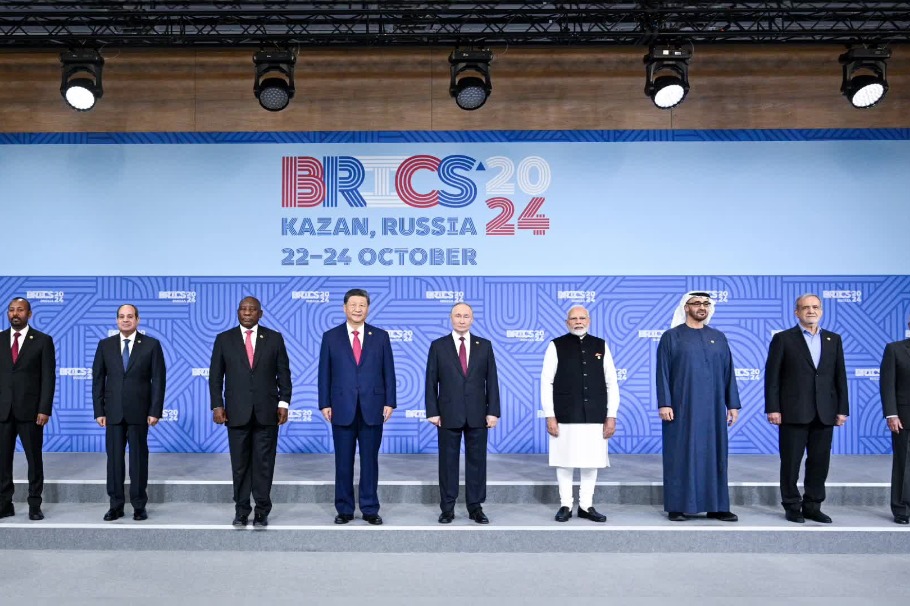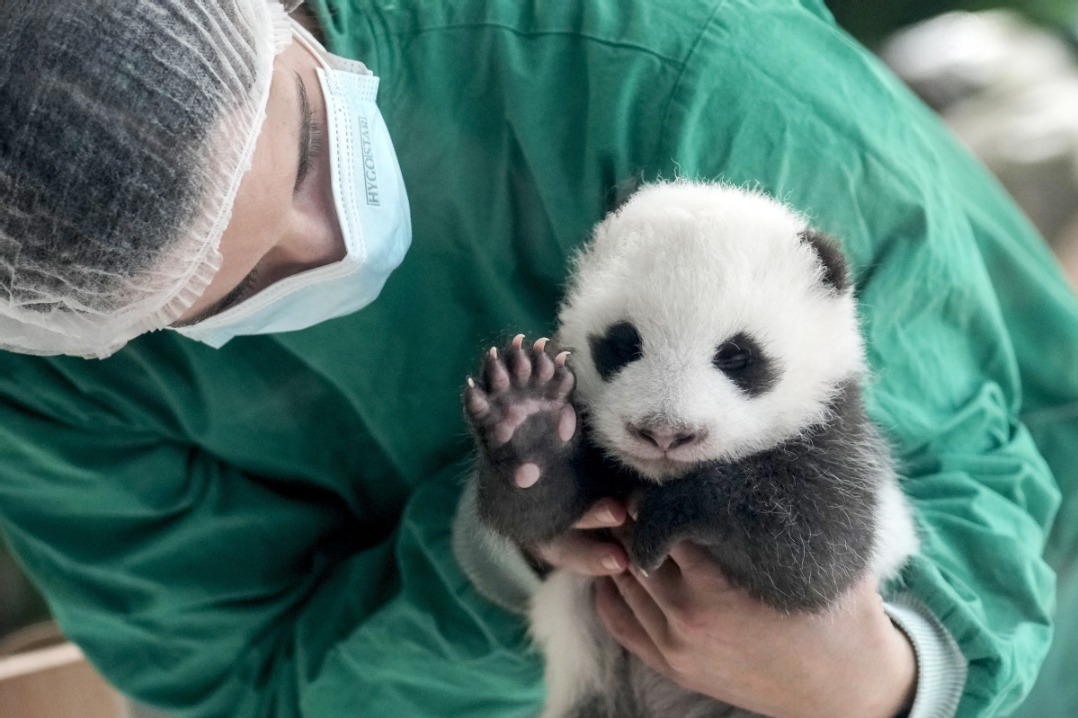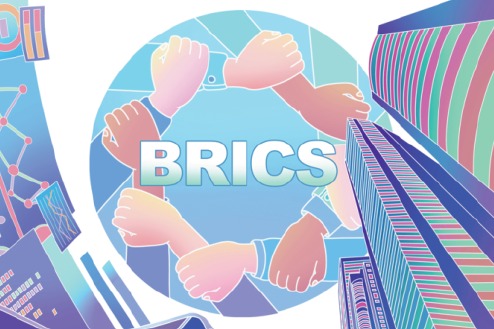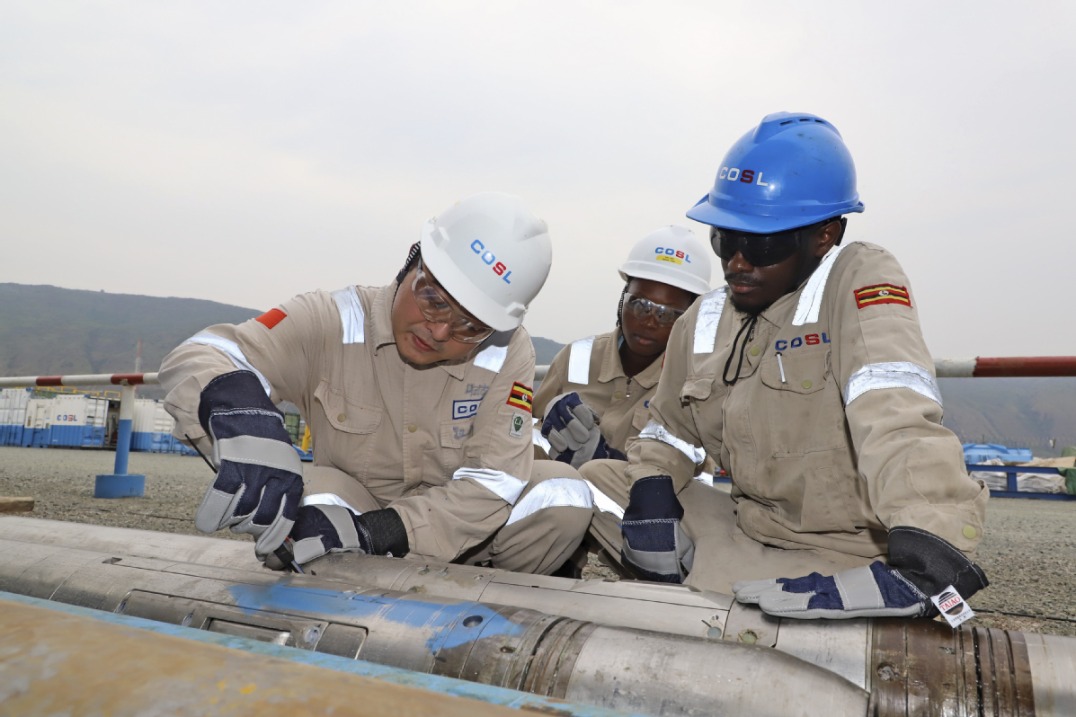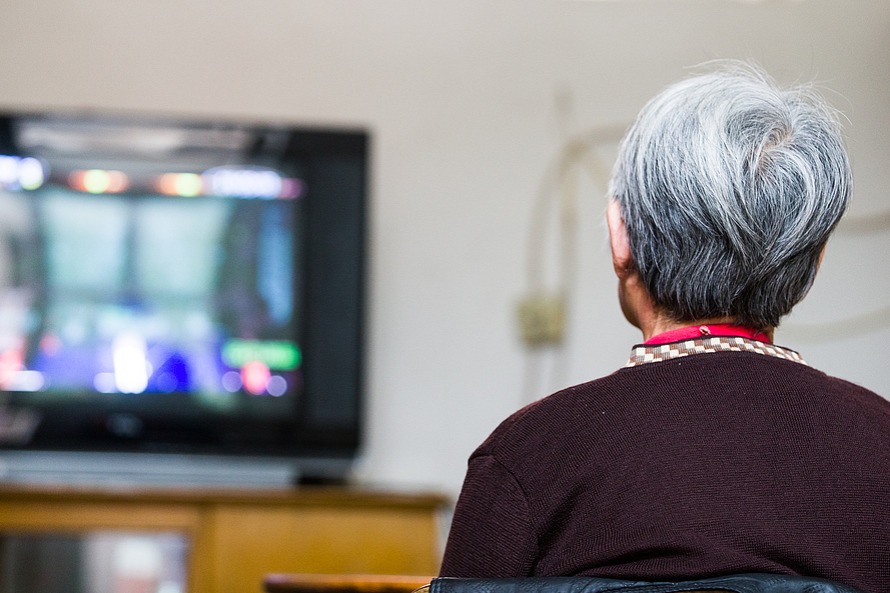Washington's attempt to seek hegemony


With his second so-called Summit for Democracy, US President Joe Biden is seeking to achieve two goals, one domestic and one international.
On the domestic front, he is still struggling to define a political identity that can appeal to voters in next year's presidential election. Consistently polling about 40 percent in approval ratings, Biden has delivered very little for the American people in over two years in office.
The Biden administration's handling of the novel coronavirus pandemic has been abysmal. There has been precious little action on the social justice issues that are supposed to be the hallmark of a Democratic leadership. Real GDP growth is projected to be almost zero this year. And the United States is failing in its climate action responsibilities.
Worse, it has been sending tens of billions of dollars worth of heavy weaponry to Ukraine to fight a proxy war against Russia, while its infrastructure crumbles and tens of millions are denied access to healthcare.
In the face of his administration's failure to actually improve people's lives, Biden is campaigning on the basis of liberal democratic ideology — a very specific vision of democracy based on the political and economic needs of the capitalist class. His strategists have calculated that this narrative will help create some distance between him and his likely competitor for the presidency — which could be Donald Trump, who is not known for adhering to any sort of democratic thinking, bourgeois or otherwise.
On the global front, the Biden administration's core project has been to construct a de facto military and economic alliance based on the hegemonic interests of the US' ruling class. This is a Cold War alliance aimed at the "containment, encirclement and suppression of China", as President Xi Jinping put it a few days ago. It aims to further weaken and undermine Russia; escalate hostilities against Cuba, Venezuela, Nicaragua, Iran, Syria, Belarus, the Democratic People's Republic of Korea and other countries; and reverse humankind's trajectory toward a multipolar future.
What Biden is promoting is, essentially, the "Project for a New American Century". The PNAC was a Republican neo-conservative concept, but its essence has been taken up by successive Democratic and Republican administrations. It is a strategy that specifically aims "to prevent the re-emergence of a new rival" to US supremacy.
The instruments of this project are: 800 foreign military bases, by far the largest military budget in the world, the proxy war against Russia, NATO's eastward expansion, AUKUS, the QUAD, a startling array of unilateral and illegal sanctions, the relentless undermining of the one-China policy, destabilization, economic coercion and bullying.
This is of course an aggressive, imperialistic project, and certainly doesn't compare very favourably with the proposal of building a community with a shared future for mankind put forward by Beijing. But ruthless imperialism rarely engages in truthful advertisement of its nature, and Biden's Summit for Democracy is part of an elaborate marketing campaign that places an equal sign between hegemonism and democracy and, conversely, between sovereign development and authoritarianism.
Even on its own terms, the summit is hypocritical in the extreme. For example, Venezuela, Russia, Iran, Nicaragua, Belarus, Syria and Zimbabwe all have multi-party electoral systems that enable the electorate to change the ruling party through their votes. However, none of these countries goes along with US foreign policy, and as such they are considered "authoritarian" rather than "democratic".
On what basis does the US afford itself the right to decide which countries are democratic and which are authoritarian? Is the US a model of democracy? Perhaps we could ask the 2 million prisoners in the US — by far the largest prison population in the world — who have lost their democratic rights due to mass incarceration policy.
African Americans, Hispanics and the Indigenous people have significantly lower life expectancy, lower income, and higher infant mortality than their white American counterparts, but they are several times more likely to find themselves victims of a profoundly racist criminal justice system. Nearly 30 million Americans lack access to healthcare. And the number of people living on the streets is increasing every year, while life expectancy is decreasing and the epidemic of child poverty increasing: one in every six children in the US lives in poverty.
What democracy do these people enjoy? Did they vote for racism, poverty and injustice? Could they change it by voting?
Joseph Stiglitz, winner of the Nobel Prize for Economics, has criticized the US system for being plutocratic rather than democratic: a system "of the 1 percent, by the 1 percent, for the 1 percent". The truth is that US democracy is money democracy. As Xi said in 2021: "If the people are awakened only for voting but enter a dormant period soon after, if they are given a song and dance during campaigning but have no say after the election, or if they are favoured during canvassing but are left out in the cold after the election, such a democracy is not a true democracy."
Friends of Socialist China and the International Manifesto Group will be organizing a Counter-Summit for Democracy on April 2, a few days after Biden's summit, to expose the US' true agenda. Speakers include Chinese academic Victor Gao Zhikai, Iranian academic Mohammad Marandi, Indian historian Vijay Prashad and the African-American journalist and peace campaigner Margaret Kimberley.
Dividing the world into opposing hostile camps is the last thing humankind needs. We face a set of enormous global challenges — from climate change and pandemics to the possibility of nuclear conflict — that demand close cooperation between the countries of the world, especially the major powers. As such, the US' new Cold War project is profoundly reckless, and has been rejected by the global public.
The author is co-editor of Friends of Socialist China.
The views don't necessarily reflect those of China Daily.
If you have a specific expertise, or would like to share your thought about our stories, then send us your writings at [email protected], and [email protected].
















